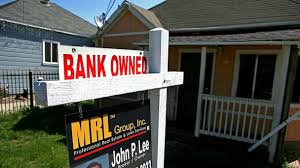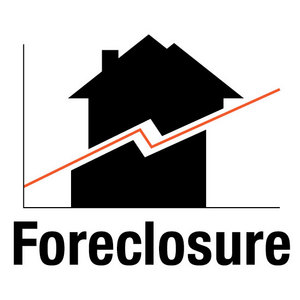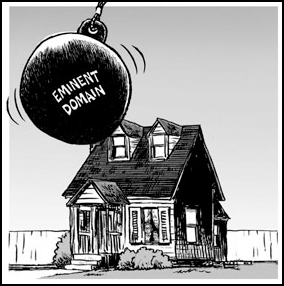 Is eminent domain the answer for struggling homeowners? We recently discussed how many local governments are considering using their eminent domain powers to assist struggling homeowners.
Is eminent domain the answer for struggling homeowners? We recently discussed how many local governments are considering using their eminent domain powers to assist struggling homeowners.
Eminent domain is gaining steam nationwide as municipalities are trying to help out homeowners. Using eminent domain, municipalities would have the power to acquire loans from bondholders, bypass mortgage contracts, write them down and give them back. Essentially the municipalities will be using eminent domain to obtain ownership of the homes and then relinquish them back to the homeowners.
The use of eminent domain in this context is believed to only be used on mortgages not backed by the United States government. The proposed idea would only help homeowners who are employed and can pay back the mortgages. Essentially those who are backing such a strategy are trying to put people back in their homes through government action without costing taxpayers any money.
In the financial industry, however, they believe that this process will backfire and cause more problems than benefits. They believe that using eminent domain would cause investors to pull their money out of mortgage backed securities. Another belief is that it will penalize those who save and invest. Lastly, this could cause a chain reaction and there is no telling where they would stop after foreclosures. Many believe this would cause people to use such practices for things such as credit card debt as well.
Richmond, California was the first city to announce such a plan. Now, Irvington, NJ, may also be moving towards implementing a plan to use its eminent domain powers to purchase mortgages that are in foreclosure.
—–









